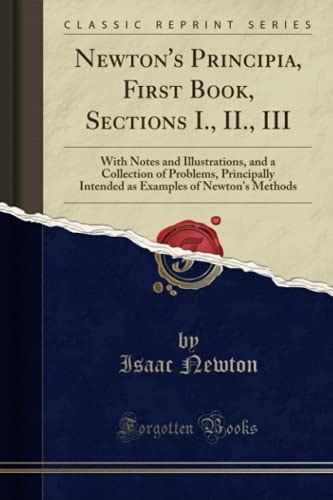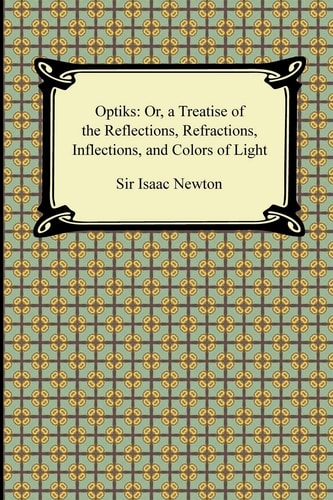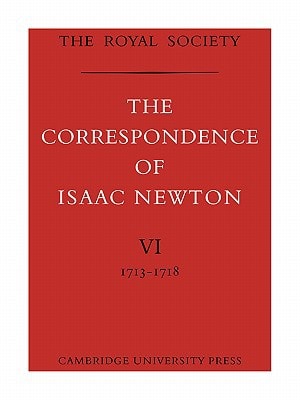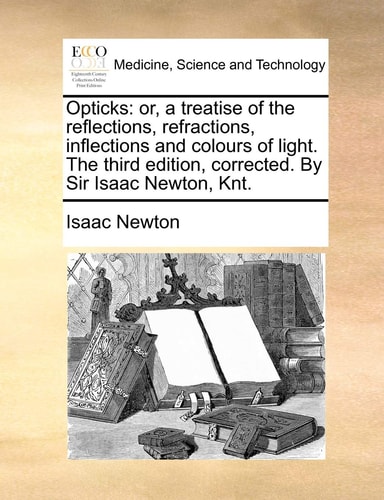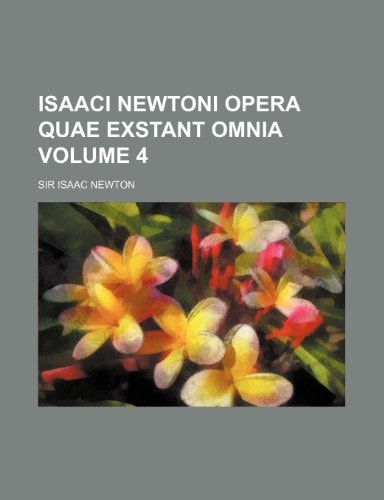
This historic book may have numerous typos and missing text. Purchasers can download a free scanned copy of the original book (without typos) from the publisher. Not indexed. Not illustrated. 1782 Excerpt: ... experimentum in liquoribus seorsim cxistentibus, turn qu6d experimentum illud, sicut 8c iridis, tincturæ nephriticæ, 8c aliorum corporum naturalium phænomena, non ad probandam fed ad illustrandam tantum doctrinam proposui. Quod R. P. Theoriam nostram bypotbesin vocat, amice habeo, siquidem ipsi nondum constet. Sed alio tamen consilio proposueram, 8c nihil aliud continere videtur quam proprietates quafdam Iucis, quas jam inventas probare haud difficile existimo, 8c quas si hon veras else cognoveram, pro futili 8c inani fpeculatione mallem repudiare, quam pro mea bypothefi agnofcere.' Quid ver6 cenferi mereatur, ex refponsionibus ad animadversiones Domini fortasse statim prodituris clarius patebit. Interim vale, et perge amare tibi devinctissimum III. III. To Mr. O L D E N B U R G. SlR. 45% I herewith fend you an answer to the Jesuit Pardie's considerations, in the conclusion of which, you may possibly apprehend me a little too positive; but I speak only for myself. I am highly sensible of your good will, in communicating to me such observations as occur concerning my theories, or cata-dioptrical instruments, and I desire you to continue that favour to me. Mr. Hugens has very well observed the confusion of refractions near the edges of a lens, where its two superficies are inclined much like the planes of a prism; whose refractions are in like manner confused. But it is not from the inclination of those superficies, so much as-from the heterogeneity of light, that that confusion is caused. For by illuminating an object with homogeneal light, I have seen it far distincter through a prism, than I could by light that was heterogeneal. I suppose the design of Sir Robert Morass experiments is, to have their events expressed with such observations a...

